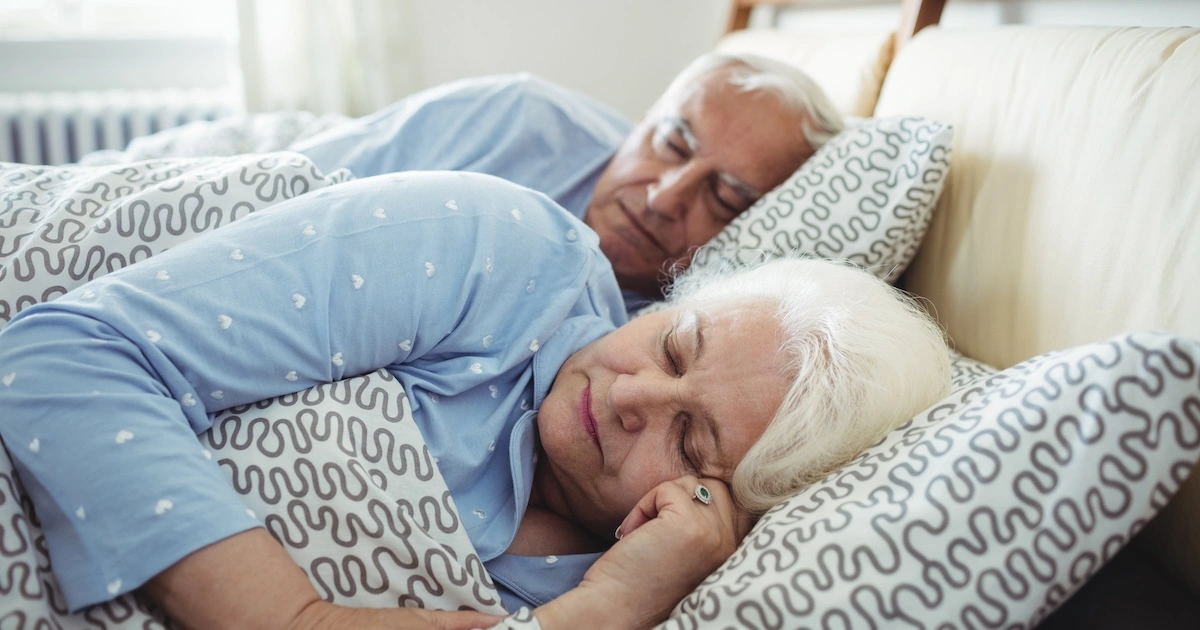As we age, getting a good night’s sleep can become more challenging. Many seniors struggle with falling asleep, staying asleep, or waking up too early, which can impact overall health and well-being. However, restful nights are possible with the right habits and lifestyle adjustments. In this guide, we’ll explore the secrets to better sleep after 60, helping you wake up feeling refreshed and energized.
1. Why Sleep Is So Important as You Age
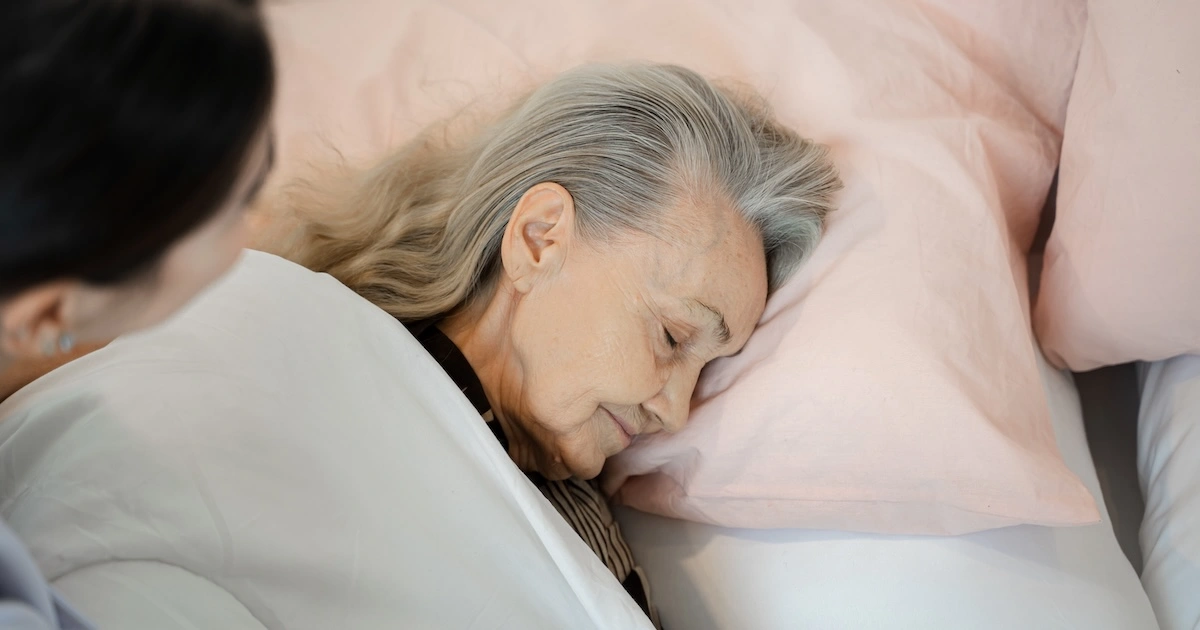
Getting 7-9 hours of quality sleep is essential for:
- Boosting memory and cognitive function
- Supporting heart health and immune function
- Reducing stress, anxiety, and depression
- Helping with weight management and energy levels
- Lowering the risk of chronic conditions like diabetes and high blood pressure
When sleep suffers, so does overall health—so let’s dive into how to improve it!
2. Common Sleep Challenges for Seniors

Many older adults experience:
- Changes in sleep cycles – Lighter sleep and waking up more often.
- Increased nighttime awakenings – Due to pain, discomfort, or bathroom trips.
- Restless sleep – Caused by anxiety, stress, or medical conditions.
- Insomnia – Difficulty falling or staying asleep.
Addressing these issues requires healthy sleep habits and lifestyle adjustments.
3. Create a Sleep-Friendly Environment 💤
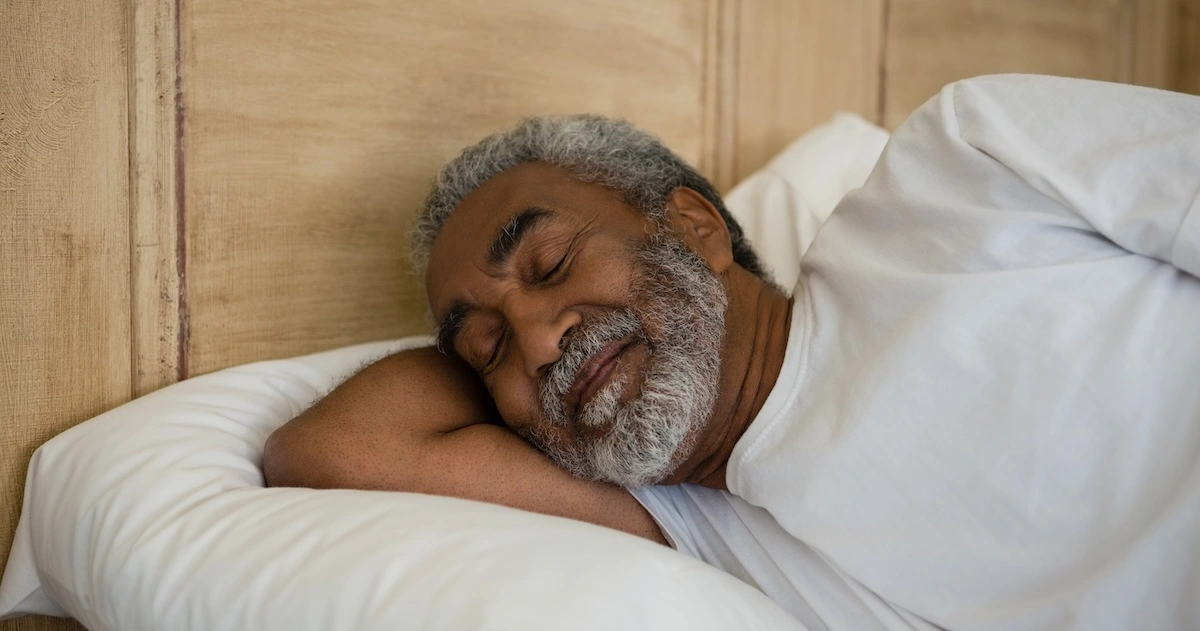
Your bedroom should be designed for comfort and relaxation: ✅ Keep It Cool – A room temperature of 60-67°F (15-19°C) promotes better sleep.
✅ Block Out Light – Use blackout curtains and avoid bright screens before bed.
✅ Minimize Noise – A white noise machine or earplugs can help.
✅ Upgrade Your Mattress & Pillows – Ensure they provide proper support and comfort.
✅ Declutter Your Space – A clean, peaceful environment encourages restful sleep.
4. Stick to a Consistent Sleep Routine ⏰
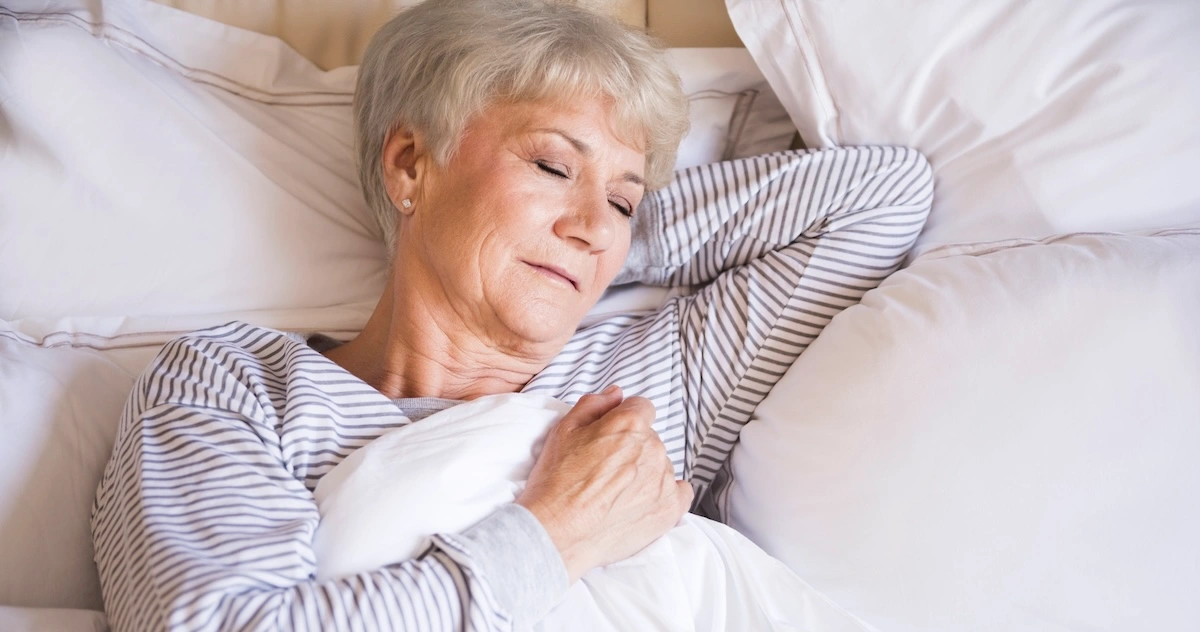
A predictable schedule helps regulate your body’s internal clock. Try these habits:
- Go to bed and wake up at the same time every day, even on weekends.
- Develop a relaxing bedtime ritual (reading, deep breathing, stretching).
- Avoid long naps—if needed, keep them under 30 minutes and before 3 PM.
5. Watch What You Eat & Drink Before Bed 🍽️
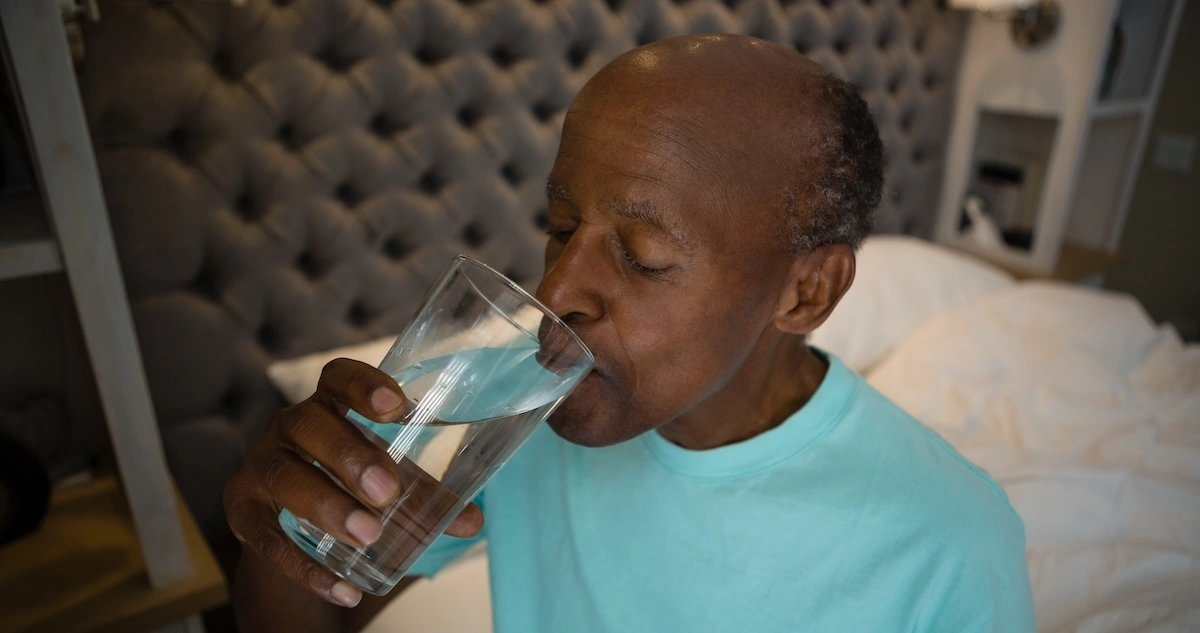
What you consume can affect your sleep quality:
- Avoid caffeine (coffee, tea, chocolate) at least 6 hours before bed.
- Reduce alcohol intake—it may make you drowsy but disrupts deep sleep.
- Eat a light dinner—avoid heavy, spicy, or greasy foods before bedtime.
- Try sleep-promoting foods like bananas, almonds, warm milk, and chamomile tea.
6. Stay Active During the Day 🏃♂️
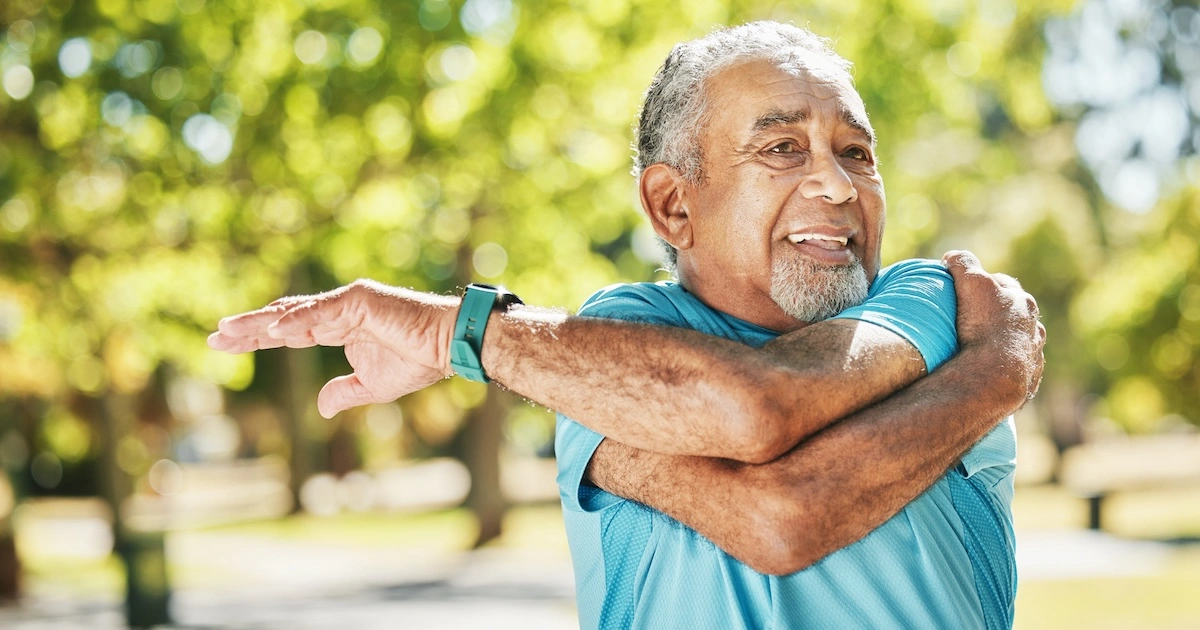
Regular exercise helps you fall asleep faster and sleep more soundly:
- Engage in daily physical activity (walking, yoga, swimming, or stretching).
- Avoid intense workouts 2-3 hours before bed—exercise earlier in the day instead.
- Get morning sunlight exposure to help regulate your sleep cycle.
7. Manage Stress & Relax Before Bed 🧘
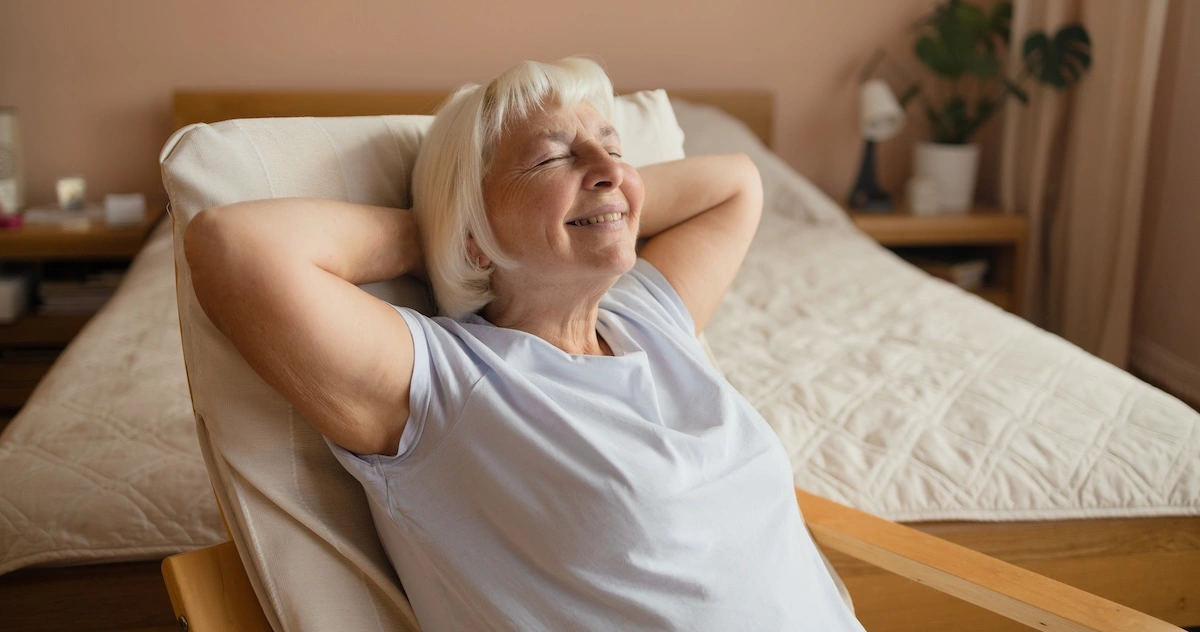
Anxiety and stress often lead to poor sleep. Try these relaxation techniques:
- Deep breathing exercises – Inhale for 4 seconds, hold for 7, exhale for 8.
- Meditation or guided imagery – Calms the mind before bedtime.
- Journaling – Writing down thoughts can help clear the mind.
- Listening to soothing music – Classical, nature sounds, or soft jazz can help.
8. Address Medical Conditions Affecting Sleep 🏥

Health issues can interfere with restful sleep. If you experience:
- Frequent nighttime urination – Limit fluids before bed & talk to your doctor.
- Chronic pain – Use supportive pillows or discuss pain management options.
- Sleep apnea symptoms – If you snore loudly or gasp for air, get a sleep study.
- Restless leg syndrome – Stretching or warm baths may help.
If sleep problems persist, consult a healthcare professional for guidance.
9. Be Smart About Naps 😴
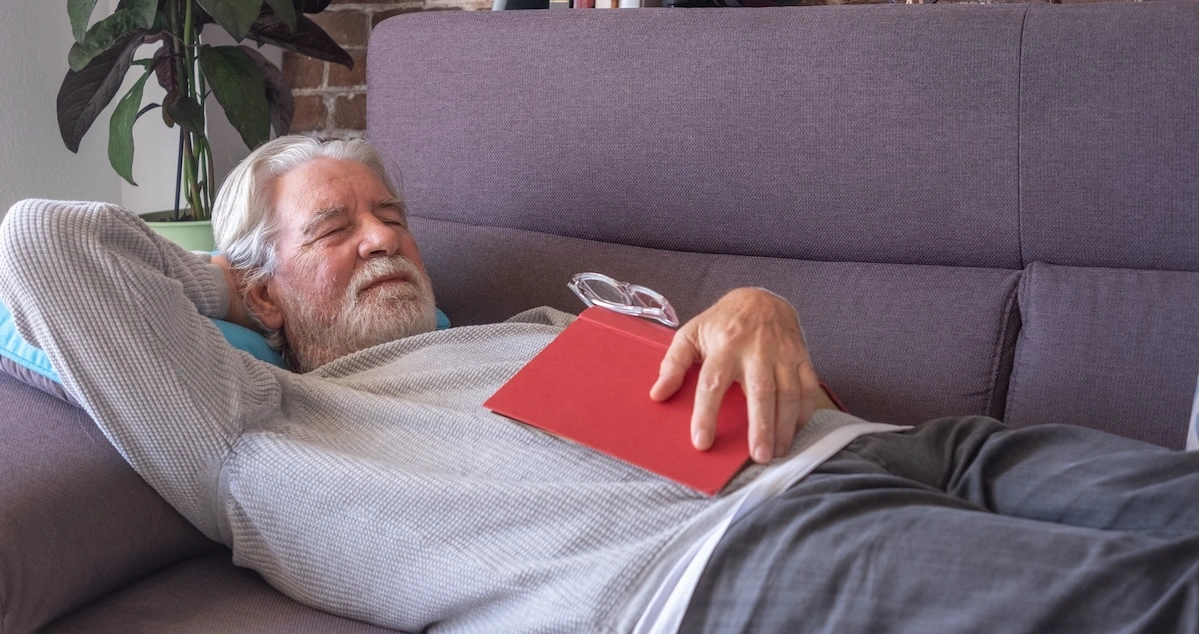
Naps can be helpful but should be used wisely: ✅ Keep naps short (20-30 minutes max).
✅ Nap before 3 PM to avoid interfering with nighttime sleep.
✅ Find a comfortable, quiet space for napping.
10. Limit Screen Time Before Bed 📱
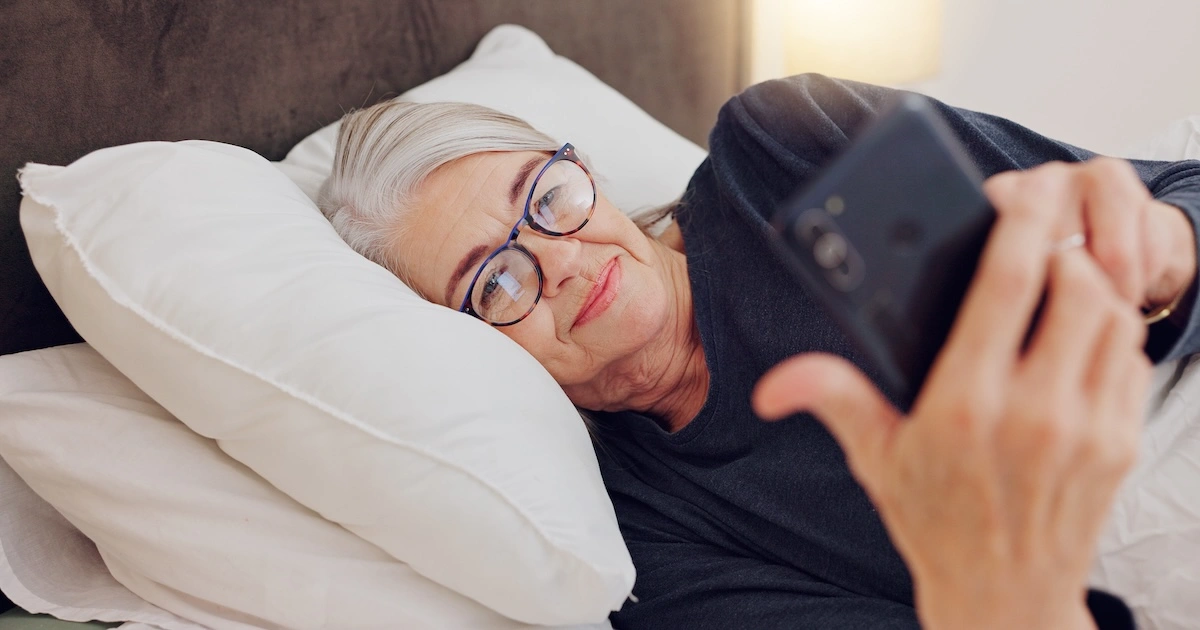
Screens emit blue light that disrupts melatonin production, making it harder to sleep.
- Turn off TVs, phones, and tablets at least 1 hour before bed.
- Use blue light filters on devices if you must use them at night.
- Replace screen time with reading, listening to music, or gentle stretching.
Final Thoughts: Sleep Better, Live Better
Quality sleep is essential for staying healthy, energized, and independent as you age. By making simple adjustments to your sleep environment, daily habits, and relaxation techniques, you can enjoy more restful nights and wake up feeling refreshed and ready for the day.
What’s Next?
✅ Try one new sleep habit tonight and track how you feel.
✅ Create a relaxing bedtime routine that signals your body it’s time to sleep.
✅ Make small lifestyle changes for better sleep, better health, and a better you!

